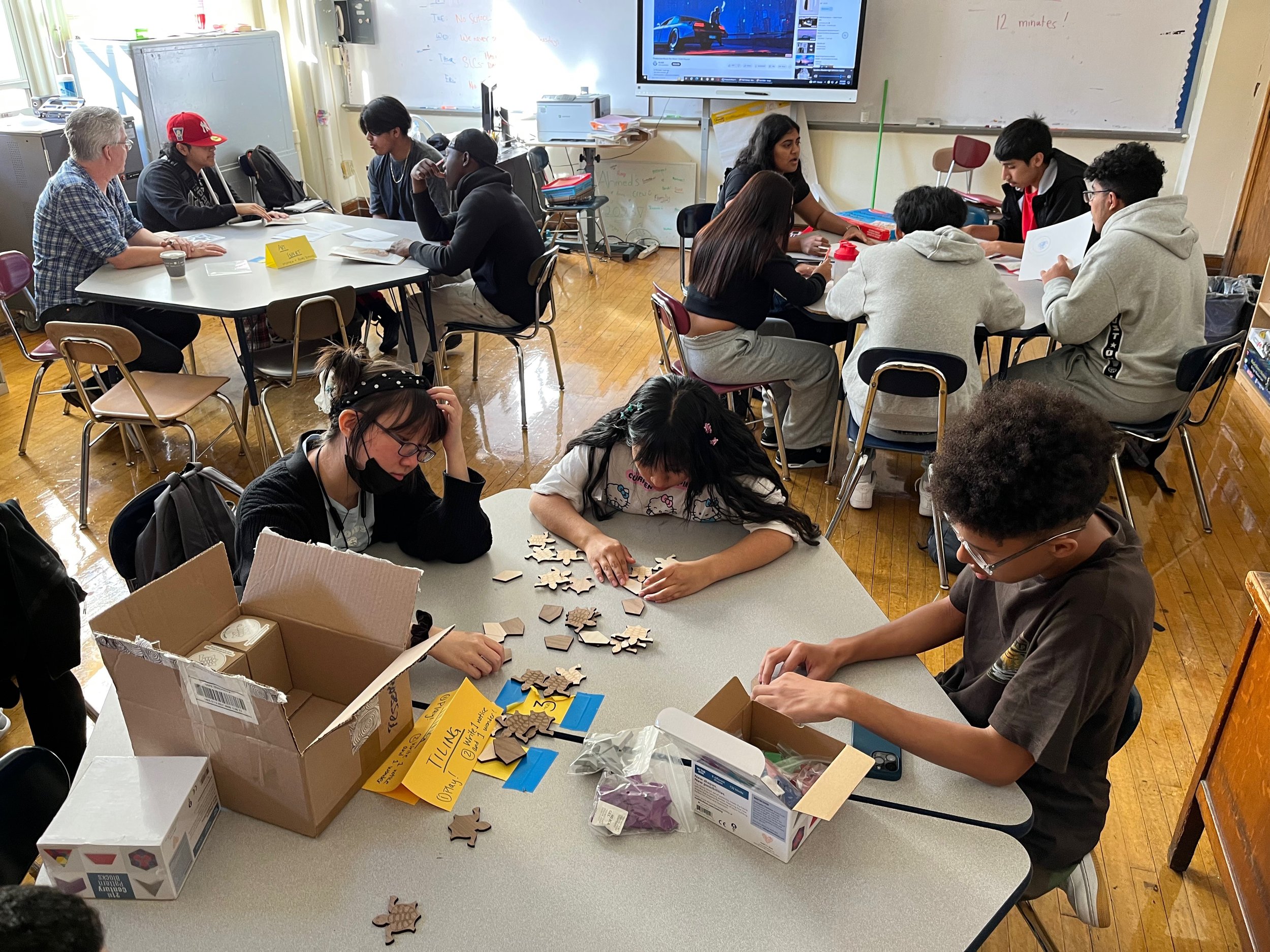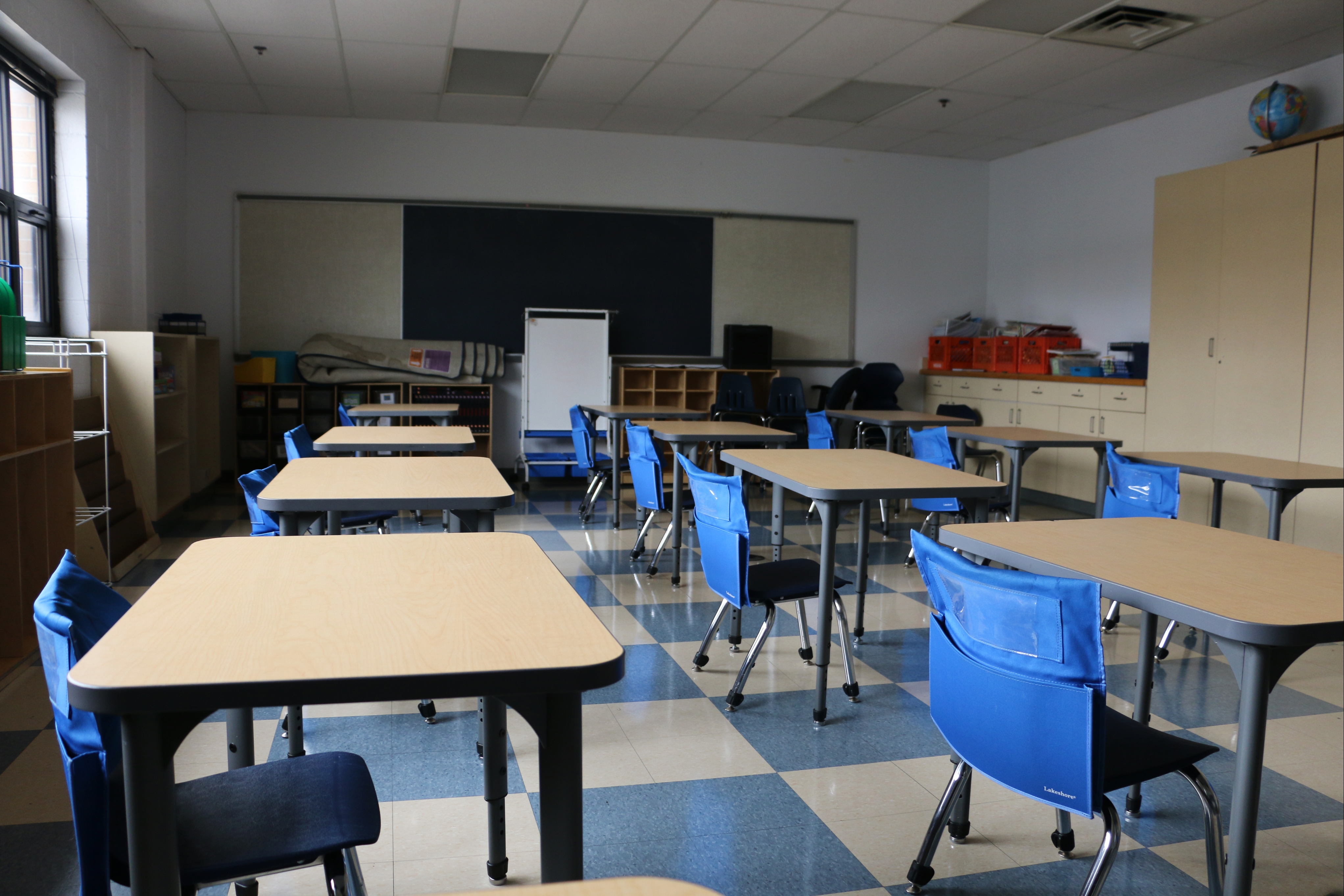Why It's Crucial to Rally Together to Save Temecula Schools
Wiki Article
The Impact of Institution Environments on Academic Success and Personal Well-Being
The style of educational areas, including natural illumination and ergonomic furniture, can boost trainees' concentration and convenience. Exactly how can schools strategically boost these facets to much better sustain their trainees?Physical Format and Layout
Just how does the physical design and design of a school influence academic success? The setup and visual of an institution environment can substantially affect students' understanding end results.All-natural lighting and effective ventilation systems are crucial in boosting cognitive function and minimizing absenteeism. Studies have revealed that classrooms with ample natural light improve student focus and reduce feelings of sleepiness. Furthermore, ergonomic furniture tailored to students' demands can prevent physical pain, permitting for extended focus and involvement in academic tasks.
Access to outdoor areas and visually pleasing surroundings likewise play a critical function - Save Temecula Schools. Environment-friendly spaces and well-maintained college premises give possibilities for physical exercise and psychological leisure, both of which are very important for maintaining high levels of scholastic performance. Essentially, an attentively designed physical environment can work as a stimulant for scholastic quality, cultivating an ambience that supports both training and learning
Class Ambience
An atmosphere that fosters a sense of safety, inclusivity, and common respect urges trainees to involve more proactively in their understanding procedures. The setting of a class, consisting of elements such as lighting, sound degrees, and seating setups, can dramatically affect trainee concentration and inspiration.In addition, the classroom atmosphere ought to sustain a society of cooperation and open interaction. When students feel comfortable expressing their concepts and asking questions, they are a lot more likely to engage deeply with the material and create essential thinking abilities - Save Temecula Schools. Peer communications and team activities can improve knowing by cultivating and giving diverse perspectives team effort
In addition, establishing clear expectations and regular regimens can develop an organized environment that permits students to concentrate on their research studies. By decreasing unpredictability and supplying a predictable framework, students can much better manage their time and obligations. Inevitably, a positive classroom atmosphere not only improves scholastic efficiency however additionally adds to the overall health of trainees, preparing them for future instructional and personal ventures.
Teacher-Student Relationships
Structure on the importance of a favorable class atmosphere, the partnerships in between pupils and instructors play a crucial role fit scholastic success. A healthy and balanced teacher-student partnership fosters a discovering environment where trainees feel valued, understood, and supported, which dramatically boosts their motivation and interaction. When pupils regard their educators as understanding and friendly, they are a lot more most likely to take part proactively in course and look for help when needed, adding to a deeper understanding of the subject.
This depend on enables pupils to reveal their issues and concepts openly, cultivating a collaborative learning environment. In essence, strong teacher-student relationships are a keystone of educational success, playing an essential duty in both academic success and personal growth.
Peer Interactions
Peer interactions dramatically affect scholastic success by shaping a pupil's cognitive and social growth. Favorable peer communications can improve a trainee's inspiration and involvement in scholastic tasks via collective learning and mutual support.
Effective peer interactions also contribute to the development of link essential life skills, such as collaboration, interaction, and dispute resolution. These social competencies are critical for both scholastic success and individual well-being, underscoring the value of cultivating favorable peer characteristics within the college environment.
Extracurricular Activities
Taking part in extracurricular activities plays a critical function in a pupil's academic success and individual growth. These tasks, varying from sports groups to debate clubs, offer trainees possibilities to sharpen valuable abilities such as leadership, time management, and teamwork. Research study continually suggests that students who take part in extracurricular tasks tend to accomplish higher scholastic efficiency. This connection is usually credited to the structured environment and the technique needed to balance both academic and extracurricular dedications.Moreover, extracurricular involvement cultivates a sense of belonging and area, which is crucial for individual well-being. Taking part in team tasks enables trainees to develop and strengthen socials media, improving their psychological and social knowledge. These communications are important for developing interpersonal abilities that are valuable in both scholastic and future specialist environments.
Additionally, after-school activities give a useful outlet for pupils to explore their passions and interests beyond the standard educational program. This exploration can lead to the discovery of new skills and prospective career paths, even more inspiring pupils to involve even more deeply in their academic work. Finally, the role of after-school activities extends past mere entertainment; they are integral to cultivating an alternative instructional experience that promotes both academic success and individual development.
Verdict
Attentively developed physical layouts and classrooms, along with favorable teacher-student connections and constructive peer interactions, substantially improve pupil motivation and involvement. These aspects jointly highlight the relevance of producing and maintaining ideal school environments for the advantage of trainees' academic and personal growth.Inevitably, a positive classroom ambience not just improves scholastic efficiency Your Domain Name but likewise contributes to the general wellness of pupils, preparing them for future instructional and individual ventures.

Report this wiki page